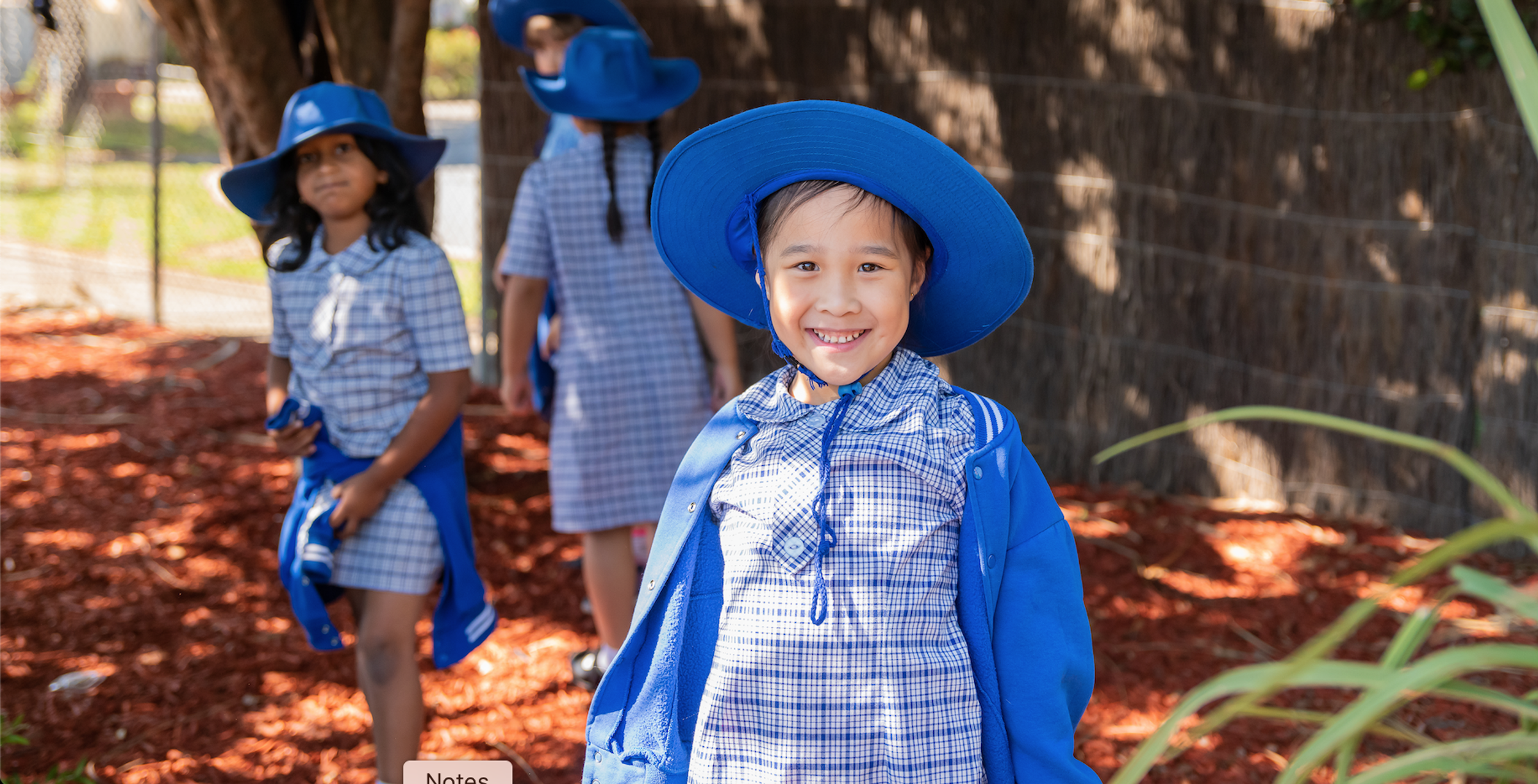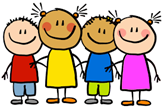
Wellbeing
Friendships
As we have now all returned to school from our home learning period teachers have been watching children, ensuring they are safe and helping them feel less anxious. Speaking to many children the most exciting thing about being back was to see their friends. That’s natural. However, it did make me think of the children who struggle with developing friendships and for those who frequently argue with their besties.
All parents want their children to develop friendships – to find a welcoming group of peers that share the same interests, accept one another, are thoughtful, make your child feel supported and happy. For some children this is easy, they collect friends wherever they go. For other children the task can be a bit more challenging – perhaps they haven’t yet found a special friend or they find it challenging to maintain friendships.
In Part 1 of Friendships there are 4 suggestions that may help your child improve their social skills, particularly if they are working through issues with friends and peers.
1. Listen when your child has peer challenges, which all kids do
Although we would really like to tell our child what and how to resolve a problem with a friend, try helping
your child to clarify their feelings and assist them in
problem solving the issue. Learning how to problem solve helps your child to be ready with ideas the next time there is a problem with a friend.
2. Help your child learn how to express their needs without attacking the other person
Challenging? Yes, for all of us at times. Children need our guidance and the opportunity to practise. Like all learning, modelling and explicit teaching are required for children to express their needs in positive ways. For example, if you hear your child yell, “You’re
really mean. I hate you,” at a friend, your response could be, “You sound really mad at
Daisy….Can you tell her what you want, instead of what you think about her?”
3. Coach your child to stand up for themselves
At school children practise and rehearse things they are learning. Learning to stand up for yourself in a positive, non-aggressive way is something that requires practise too. Sometimes, when we are teaching a children social skill at school we practise the
skill with them by asking them to role-playing what they could
say. In this example you could say something such as, “It sounds
like you would like to tell Daisy that although you like her swinging you around you don’t like her to do it without asking you as it doesn’t make you feel safe. Perhaps you can tell
her stop means stop. It can be tricky telling your friend to stop. Why don’t we practise it
together, so you feel more comfortable when you speak with Daisy?”
4. Make it a habit to acknowledge and reflect feelings instead of dismissing them.
Often, parents have a tough time seeing their child upset about a friendship that we become angry at the other child and say things like, “Daisy was an awful friend. Let her
go. Find a new friend who is nicer.” Comments like this do not help your child – they
dismiss your child’s feelings and can keep them stuck in their hurt or anger for longer.
Showing empathy and keeping your own feelings in check and saying something such as, “Having your friend saying something like that can really hurt you,” can be more
helpful. Yes, your child may still feel upset, but their feelings are acknowledged and once the emotions don’t feel as strong you can help your child problem-solve.
In our next newsletter we will have some further tips about helping your child work
through friendship challenges in positive ways.
Connie Drossaert
Wellbeing Leader
- Connie Drossaert (Wellbeing Leader)



